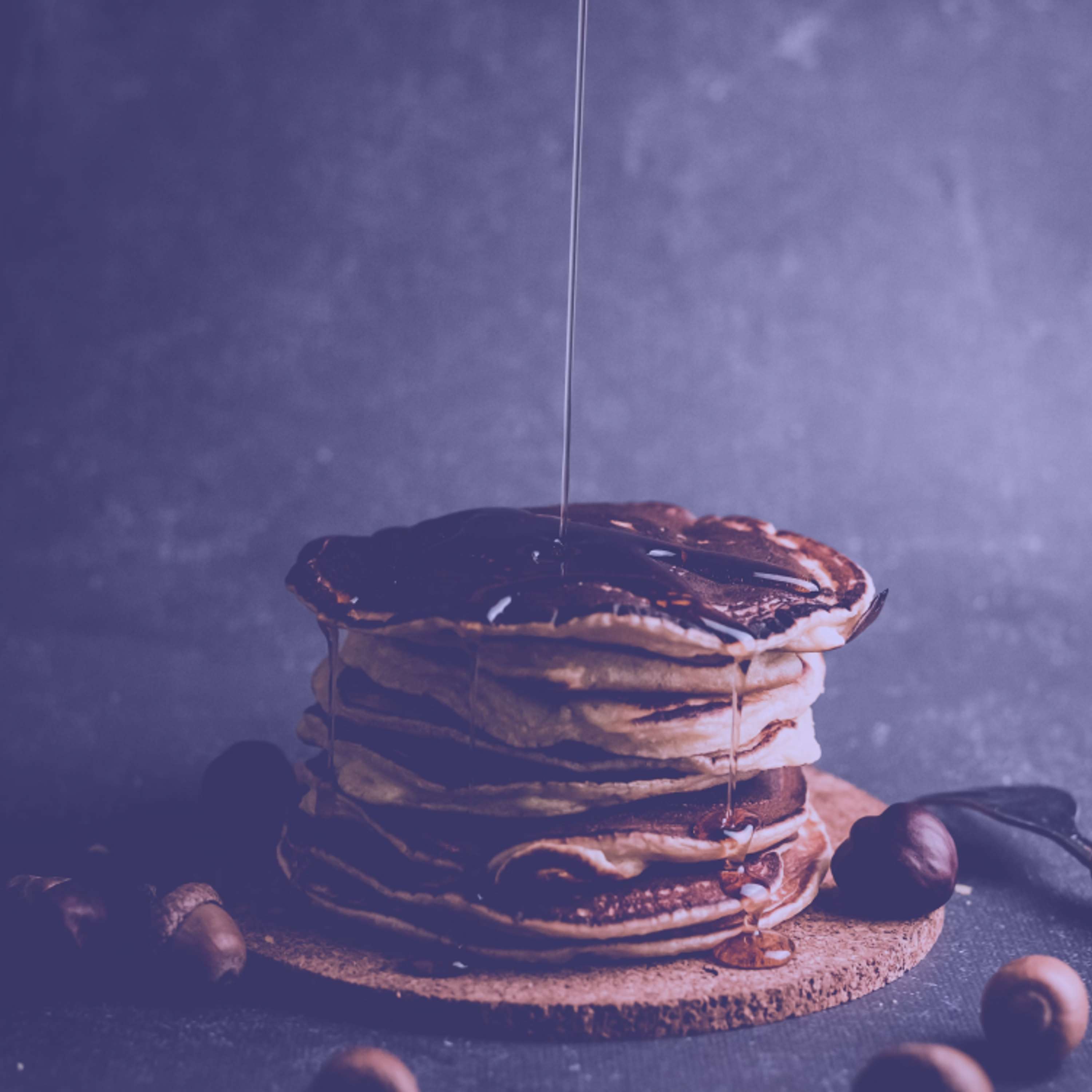
#504 | Liquid Gold | The Great Canadian Maple Syrup Robbery

English Learning for Curious Minds
Deep Dive
Why is maple syrup referred to as 'liquid gold'?
Maple syrup is referred to as 'liquid gold' because it is a highly valuable resource, with a value 20 times greater than oil. It is produced in limited quantities under specific weather conditions, making it rare and expensive.
What role does Quebec play in the global maple syrup market?
Quebec is the world's largest producer of maple syrup, responsible for around 70% of global production. Its dominance is supported by the Fédération des Producteurs Acéricoles du Québec (FPAQ), which regulates supply, distribution, and marketing.
How does the FPAQ regulate maple syrup production in Quebec?
The FPAQ assigns production quotas to maple syrup producers and requires all sales to go through the organization. Excess production is stored in a strategic reserve to stabilize prices and ensure a consistent supply during low-production years.
What led to the emergence of a maple syrup black market?
The strict quotas and delayed payments for excess syrup stored in the FPAQ's strategic reserve led to dissatisfaction among producers. This dissatisfaction, combined with the difficulty of tracing maple syrup, created a thriving black market for unauthorized sales.
Who was Avik Caron, and what was his role in the maple syrup robbery?
Avik Caron was a convicted fraudster and the owner of a warehouse where the FPAQ stored its strategic maple syrup reserve. He orchestrated the theft of $18 million worth of maple syrup by exploiting lax security and collaborating with other criminals to steal and sell the syrup.
How did the thieves execute the maple syrup theft?
The thieves rented space in the warehouse to gain access. Over nearly a year, they stole barrels of maple syrup, replaced the syrup with water, and returned the barrels to avoid detection. Later, they stopped refilling the barrels, leaving them empty, which eventually led to the discovery of the theft.
How was the maple syrup theft discovered?
The theft was discovered during an annual inspection in July 2012 when an inspector noticed that barrels were empty or filled with water. This led to a full investigation, revealing the theft of 9,571 barrels worth $18 million.
What were the consequences for the thieves involved in the maple syrup robbery?
Richard Valliere, the ringleader, was sentenced to eight years in prison and ordered to repay $9 million. Sébastien Jutrin, the driver, received an eight-month sentence for cooperating with authorities. Other participants also faced legal consequences.
What happened to the stolen maple syrup?
The stolen maple syrup was sold on the open market, exported to the United States, Europe, and Japan. This made it nearly impossible to trace, as it was consumed and destroyed as evidence.
What broader discussions did the maple syrup robbery spark?
The robbery sparked debates about the legitimacy and effectiveness of the FPAQ's regulatory system. Supporters argued it stabilized prices and supported producers, while critics saw it as oppressive, leading some to resort to illegal activities to protest.
Shownotes Transcript
Discover the incredible story of The Great Canadian Maple Syrup Robbery, where cunning criminals stole $18 million worth of maple syrup.
In this episode, we'll learn about the surprising details of this sticky crime and the unusual fight between the free market and government regulation in the world of Canadian maple syrup.
- Maple syrup: liquid gold from maple trees
- Quebec's maple syrup market dominance
- FPAQ's role in regulating syrup production
- Quotas and the strategic maple syrup reserve
- The emergence of a maple syrup black market
- Convicted fraudster Avik Caron and his plan
- Coordination among thieves to steal maple syrup
- The execution of the year-long theft operation
- Discovery and investigation of the $18 million theft
Full interactive transcript, subtitles and key vocabulary available on the website: https://www.leonardoenglish.com/podcasts/maple-syrup
---
You might like:
🔓 Unlock bonus episodes, interactive transcripts, subtitles & vocabulary lists
📹 A look inside Leonardo English membership
🧑💼 Demystifying Business English Course
⚡️ How To Use Podcasts Like A Boss To Learn English
✍️ Free English Grammar Checker
---
Keywords: Learn English, vocabulary, lessons, idioms, aprende inglés, idiomas, aprender inglês, apprendre l'anglais, imparare l’inglese, ingilizce öğren,英語を習う, تعلم الإنجليزية